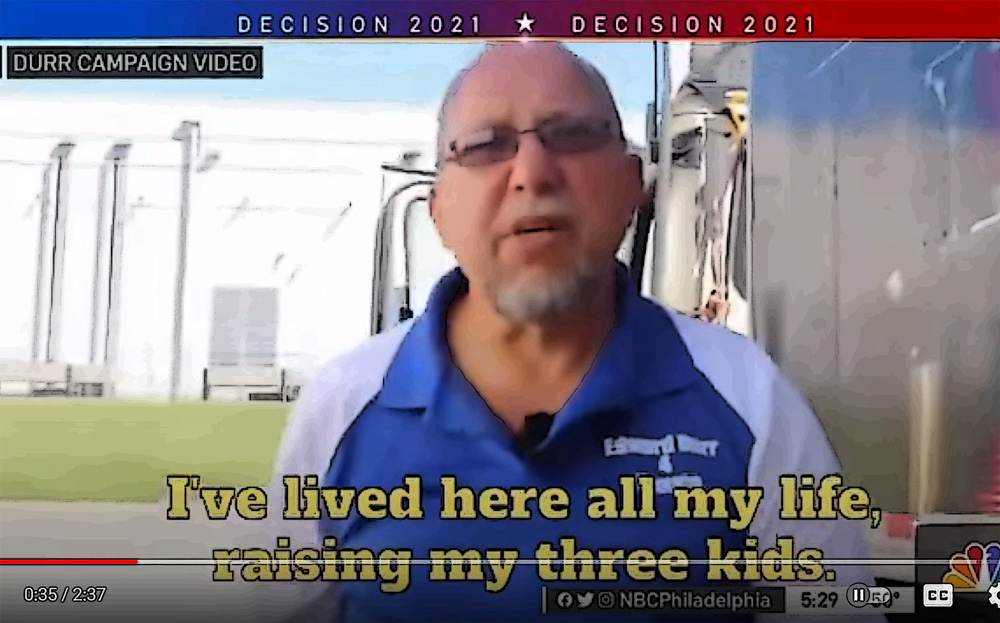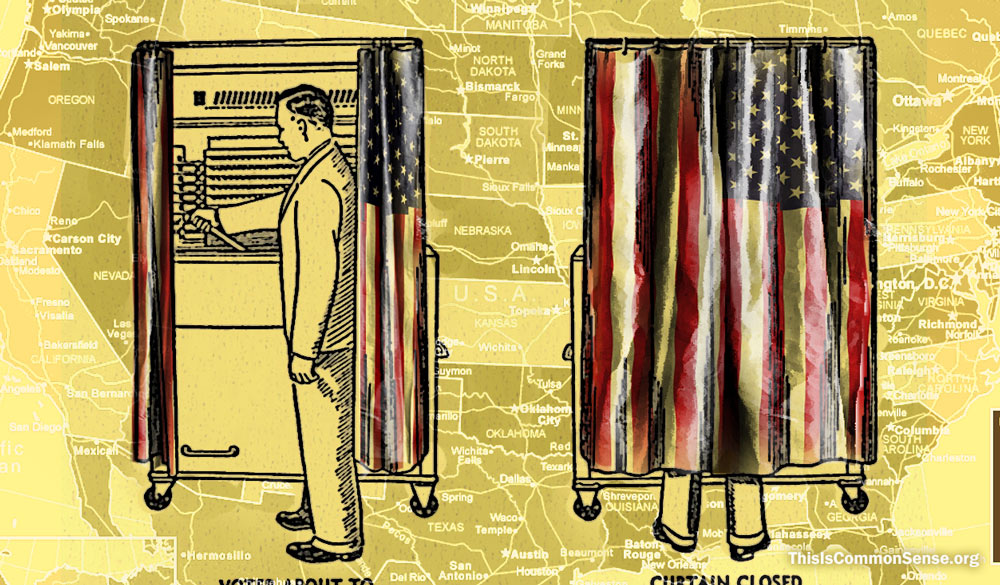Noncitizen voting is coming to New York City.
Tomorrow, the city council is expected to approve a measure permitting more than 800,000 noncitizens to vote in city elections.
Noncitizens will need to have a green card or the right to work in the United States, and will need to have been resident in the city for at least 30 days.
Opponents include Councilman Rubén Díaz, a Democrat. He observes that the requirements for becoming a naturalized citizen and thereby earning the right to vote, which include “understanding the basics of [our history] and how our government functions,” would thus be bypassed.
Whether the granting of American citizenship to newcomers has been too lax or too cumbersome is a separate question. But if a particular noncitizen deserves to vote, he or she surely deserves citizenship. Why not start with citizenship?
Opt in. Become an American before you vote in America. This seems basic.
Which is why de-linking voting from formal citizenship conjures up two worrisome questions:
What agenda does this serve? and What’s next?
Next steps could include extending the franchise to those who do not “have the right to work” (as is already the case in San Francisco) and extending this new right, noncitizen voting, to state and federal elections.
That many Democratic congressmen are eager to obliterate any practical distinctions between citizen and noncitizen is shown by their support for HR1, the misnamed “For the People Act,” an assault on state-level laws intended to ensure that only (living) citizens are voting (only once) in elections.
Fortunately, that federal legislation has been blocked. For now.
This is Common Sense. I’m Paul Jacob.
—
See all recent commentary
(simplified and organized)





